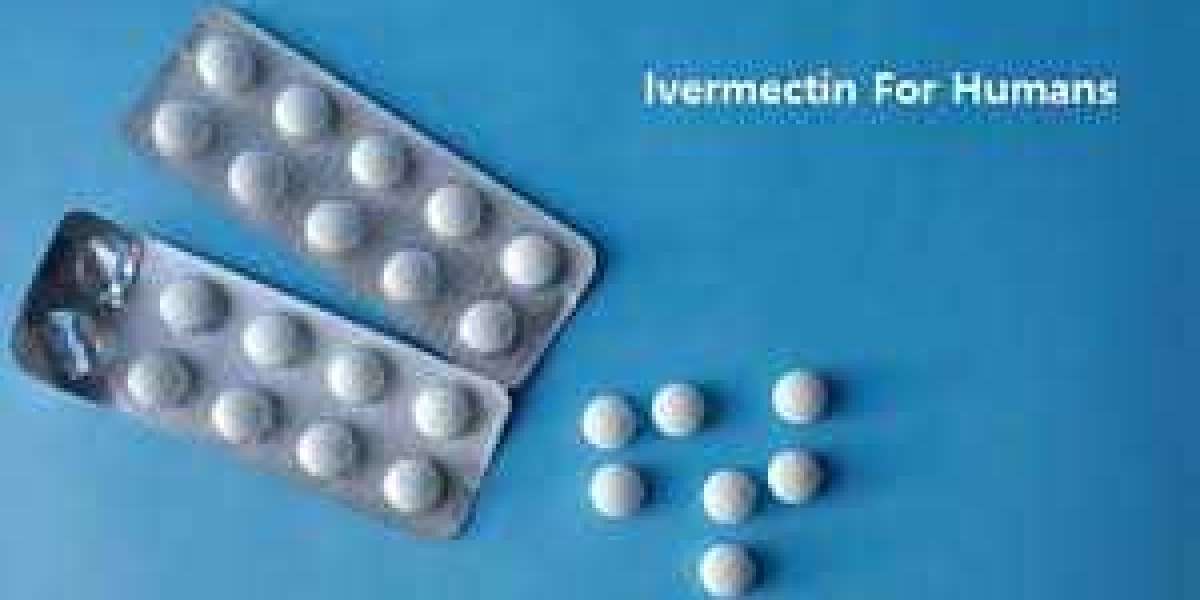Since the onset of the COVID-19 pandemic, researchers and healthcare professionals have been racing to find effective treatments and interventions to combat the virus. One of the medications that has garnered significant attention is Ivermectin 12mg, a drug traditionally used to treat parasitic infections. This blog aims to provide an overview of ivermectin’s potential role in treating COVID-19, examining the evidence, controversies, and current recommendations.
What is Ivermectin?
Buy Ivermectin Online is an antiparasitic medication commonly used to treat infections caused by worms, lice, and mites. It has been widely used in both human and veterinary medicine for decades and is on the World Health Organization’s list of essential medicines. Its antiviral properties have been observed in laboratory settings, leading to speculation about its potential use against COVID-19.
Early Research and Laboratory Studies
Early in the pandemic, laboratory studies indicated that Ivermectol and Ivermectin 12mg might inhibit the replication of SARS-CoV-2, the virus that causes COVID-19. A study published in April 2020 in the journal Antiviral Research found that ivermectin reduced viral RNA levels in infected cells in vitro. These findings sparked interest in conducting clinical trials to evaluate ivermectin’s efficacy in treating COVID-19 in humans.
Clinical Trials and Mixed Results
Numerous clinical trials have been conducted worldwide to assess ivermectin’s effectiveness in treating COVID-19. The results, however, have been mixed. Some small-scale studies and observational data suggested potential benefits, such as reduced viral load, shorter duration of symptoms, and lower mortality rates. For instance, a study conducted in Bangladesh reported that patients treated with ivermectin showed improved clinical outcomes compared to those who did not receive the drug.
Conversely, larger and more rigorous randomized controlled trials (RCTs) have generally failed to demonstrate significant benefits. The TOGETHER trial, a large RCT conducted in Brazil, concluded that ivermectin did not significantly reduce the risk of hospitalization among COVID-19 patients. Similarly, a meta-analysis published in the journal JAMA found no evidence that ivermectin improved survival or reduced hospitalization in COVID-19 patients.
Controversies and Misinformation
The mixed results of clinical trials have fueled controversies and widespread misinformation about ivermectin. Some proponents have touted it as a “miracle cure,” often based on anecdotal evidence or flawed studies. This has led to increased demand and self-medication, sometimes resulting in harmful overdoses, particularly with veterinary formulations of ivermectin not intended for human use.
Public health agencies and medical authorities, including the World Health Organization (WHO), the U.S. Food and Drug Administration (FDA), and the National Institutes of Health (NIH), have cautioned against the use of ivermectin for COVID-19 outside of controlled clinical trials. These organizations emphasize that more robust evidence is needed to confirm any potential benefits and to ensure the safety of patients.
Current Recommendations
As of now, ivermectin is not recommended as a standard treatment for COVID-19. The WHO, FDA, and NIH all advise against its use for COVID-19 outside of well-designed clinical trials. The primary treatment strategies for COVID-19 continue to include supportive care, the use of proven antiviral drugs like remdesivir for severe cases, and preventive measures such as vaccination.
Conclusion
While the initial promise of ivermectin as a treatment for COVID-19 generated considerable interest, subsequent research has not consistently supported its effectiveness. The scientific community remains open to further investigation, but current evidence does not justify its widespread use for COVID-19 treatment. It is crucial for patients to rely on treatments and preventive measures that are supported by robust clinical evidence and endorsed by health authorities.
In the fight against COVID-19, continued research, adherence to public health guidelines, and vaccination remain the most effective strategies. For those interested in exploring ivermectin or any other treatment, participating in clinical trials under medical supervision is the safest and most productive approach.








